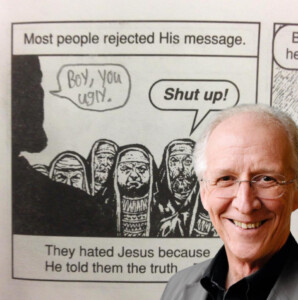
Revealed: Who Invited Dever, Piper, Mohler, and Duncan to ShepCon 2026, and Why
Grace to You Executive Director Phil Johnson has shed light on the choice of speakers for the upcoming 2026 Shepherds Conference, revealing that the decision to have Mark Dever, John Piper, Albert Mohler, and Ligon Duncan speak was made by John MacArthur prior to his death. The choice of these







